Swiss schools abroad struggle with teacher shortage
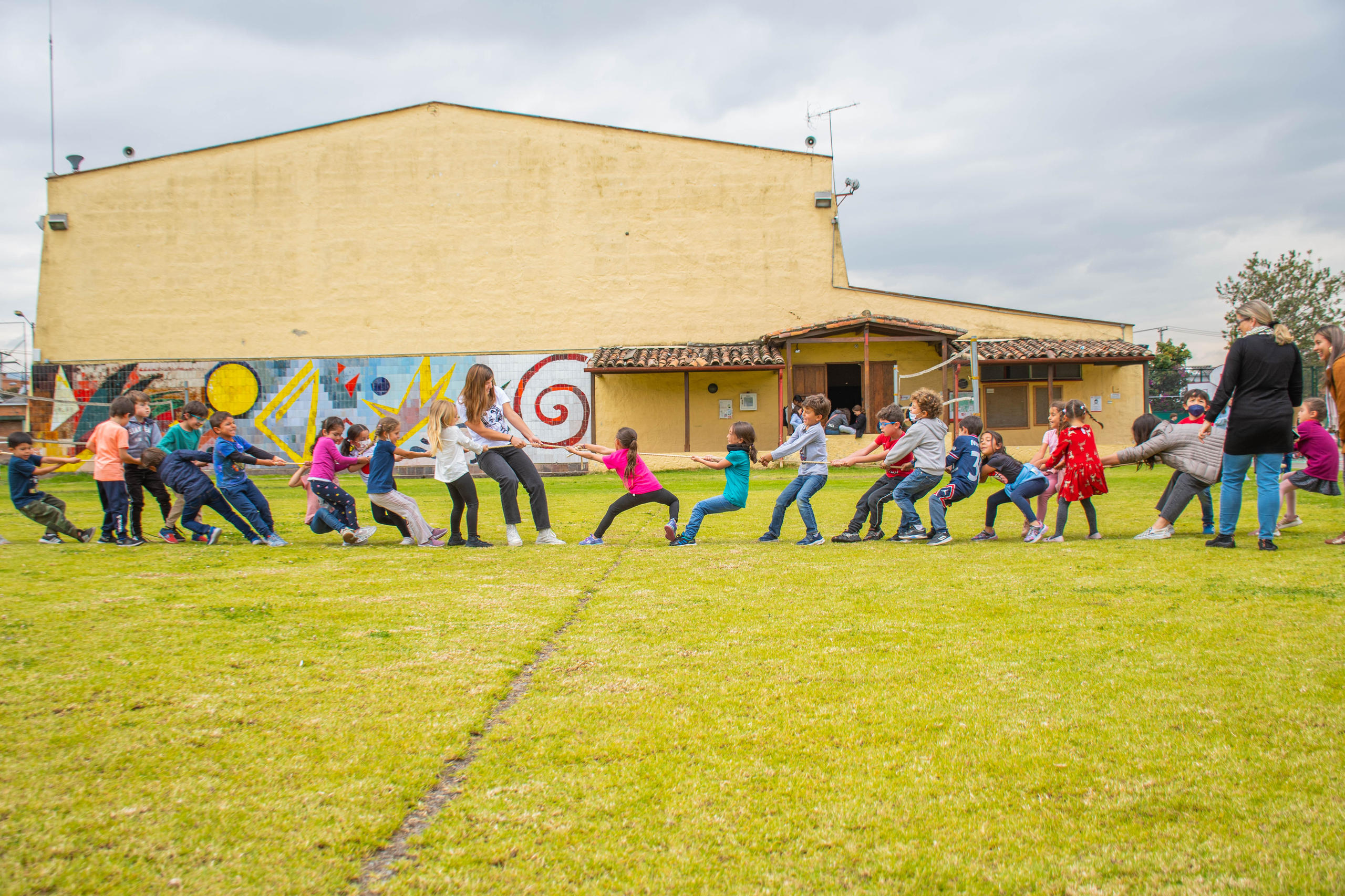
Pressure from competition, declining birth rates and a shortage of teachers: Swiss schools abroad are facing challenging times. The former managing director of educationsuisse, Barbara Sulzer Smith, provides insights into the international school environment.
SWI swissinfo.ch: You are leaving educationsuisse after more than eight years as managing director. What has changed at Swiss schools during this time?
Barbara Sulzer Smith: Over the last eight years, the pressure from competition in the various locations abroad where there are Swiss schools has increased enormously. There are more and more private schools around the world, and they are getting better and better.
In the past, it was enough to be a Swiss school with a Swiss cross. Today, it’s necessary to have a clear focus and good marketing. These developments have meant that we have also had to make progress as a central office to be in a position to support the network of Swiss schools.
A further negative factor is that there are fewer and fewer Swiss children abroad. For Swiss schools to continue to exist, they need more and more local pupils or children of other nationalities. The focus is no longer on Swiss pupils abroad, but on marketing the Swiss education product.
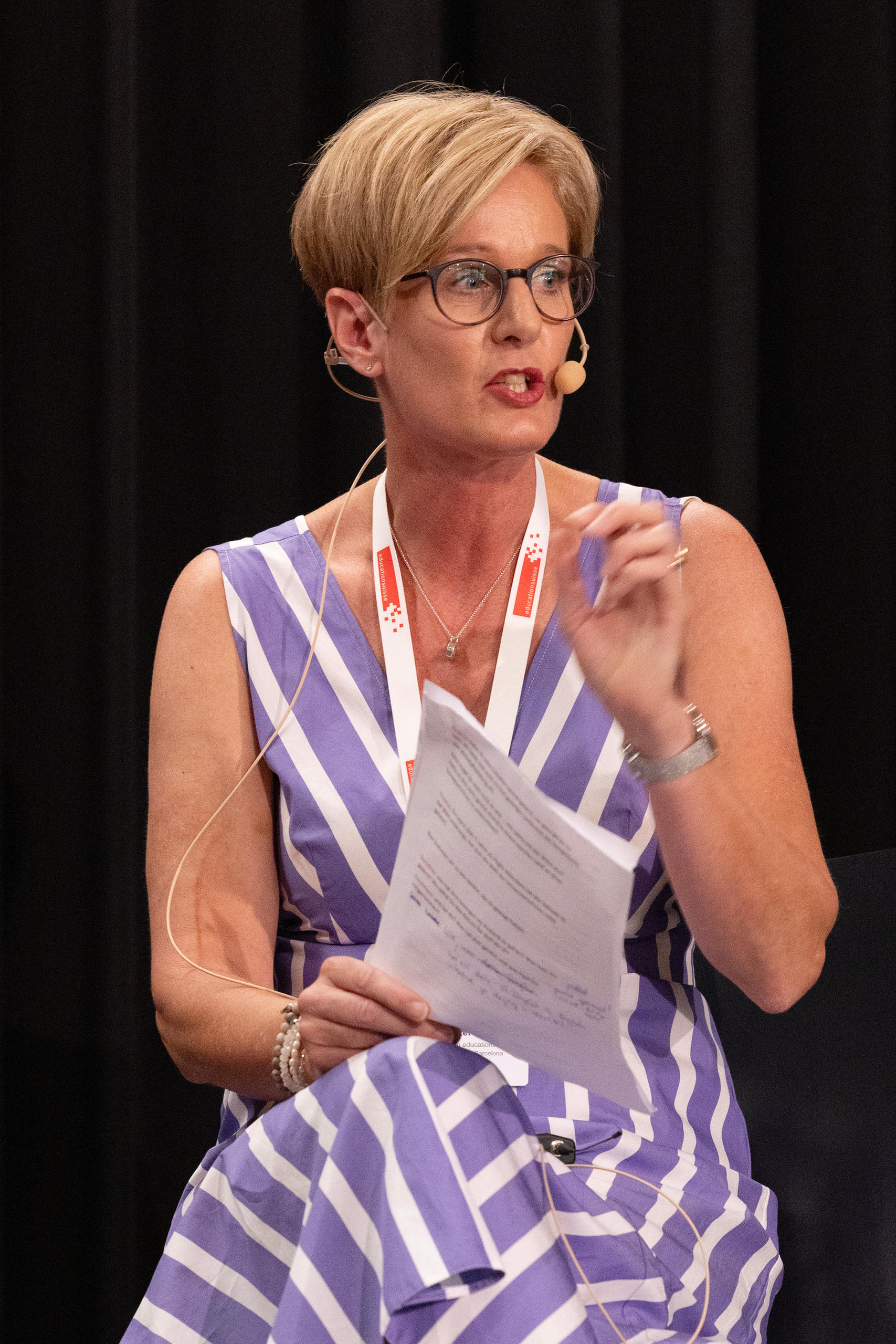
SWI: How are Swiss schools positioned today? What challenges will your successor face?
B.S.S.: Swiss schools are well positioned, but there are regional differences. In Europe, for example, it is much harder, the competition is more intense – in part because these countries have good local school systems. Schools located in Europe face major challenges in future.
The second key issue is a shortage of teachers. Swiss schools abroad are affected. There is always a contingent of teachers who want to go abroad. But the younger generation of teachers is reluctant to make a two to three-year commitment.
The third aspect is the government’s subsidy credit of CHF20 million ($32 million). A decrease in the credit would mean that we could hire fewer Swiss teachers, which in turn would mean that Swissness could no longer be guaranteed in the schools.
SWI: You mentioned the shortage of teachers. Can you still fill the vacancies?
B.S.S.: Yes, we were able to fill all the positions this year again. I believe that this will still be possible in future. For employment at a Swiss school, the Swiss teaching qualification is mandatory, otherwise the federal government won’t pay any subsidies. So we don’t have the fallback option of employing teachers without a diploma.
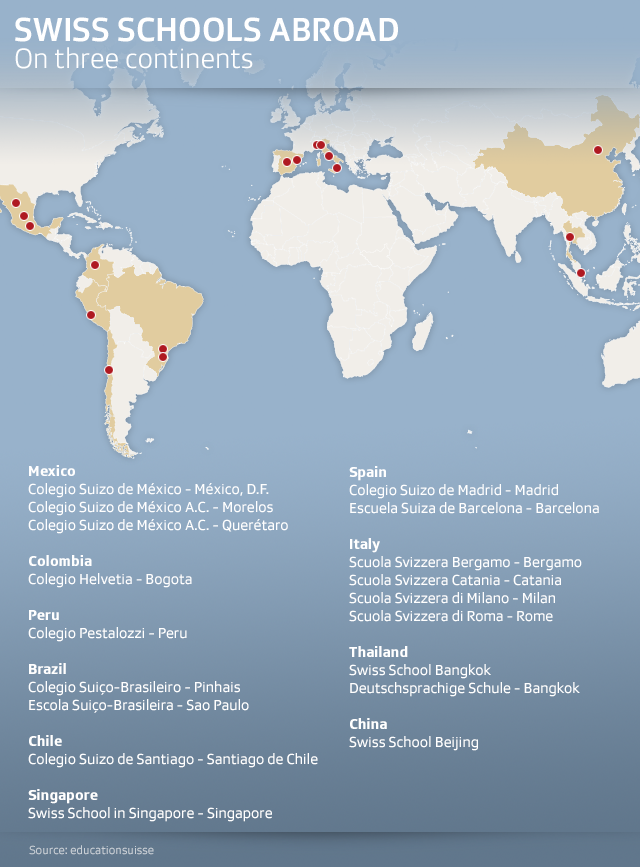
SWI: Is working abroad under Swiss conditions no longer a dream combination?
B.S.S.: Bear in mind that many young people today have already seen a lot, they have been almost all over the world. In the past, such a job was considered an opportunity to go abroad. The zeitgeist has changed and the world has become more fast-paced. People are unwilling to make commitments nowadays.
SWI: Why do you recommend these three years?
B.S.S.: Much of the day-to-day business is the same as in Switzerland. You teach according to the Swiss curriculum, and to some extent also using Swiss textbooks. But you are in a multicultural environment, in a different country with a different language, a foreign culture and a different climate. It takes a year to work out where to shop and live. In the second year, you can start to enjoy it. And you can really benefit from the third year.
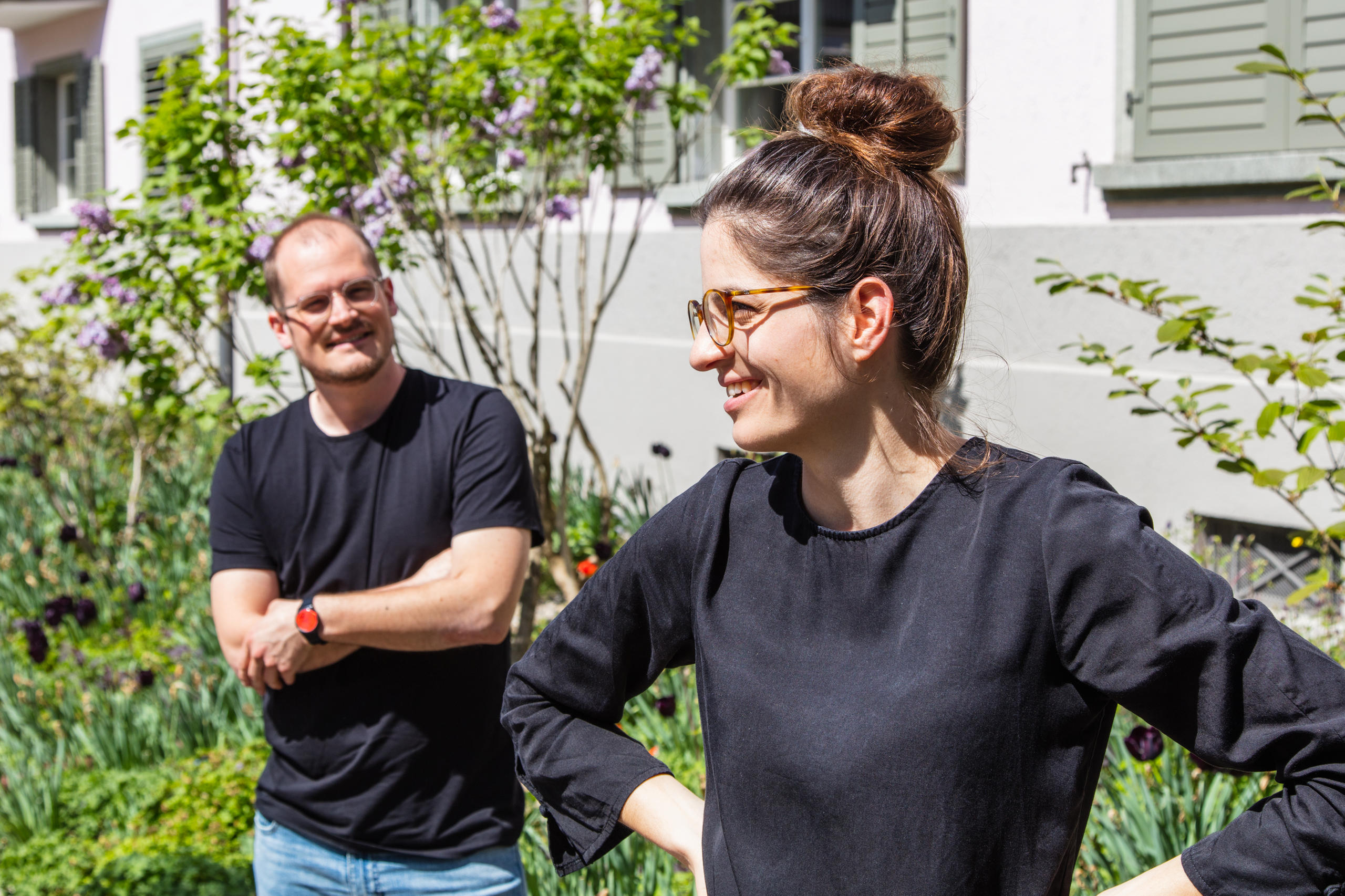
More
A teacher in a foreign land: a Swiss woman moves to Beijing
SWI: What about balancing work and family or job sharing? Can Swiss schools abroad meet these needs?
B.S.S.: We have few part-time positions – mainly for financial reasons for both sides. It is difficult for a teacher to get by on a part-time salary from a Swiss school – you earn less as a teacher abroad than in Switzerland. So most of them work 100%.
On top of that, there’s no guarantee that a teacher’s partner can work in the relevant country at all.
Even though it’s complicated for the schools to organise, part-time employment or job-sharing are possible. We currently have such a job-sharing arrangement at the Swiss School in Catania.
SWI: The annual conference of the Swiss Schools emphasised how progressive the institution of the Swiss school is and that the Swiss education system could benefit from its many years of experience. What is your take on this?
B.S.S.: Swiss schools have an enormous amount of expertise and experience in certain areas. For example, in structuring a daily schedule. The Swiss school in Barcelona is 100 years old, and it has 100 years of experience of running a school with a full-day timetable.
Another area in which they have advanced knowledge is in teaching German to those learning it as a second language. Most of the children in our schools are not native speakers of German, and that is becoming more and more common in Switzerland.
SWI: The government has just harmonised the Swiss Baccalaureate [also known as Matura, the Swiss school leaving certificate for entry to university] requirements. More emphasis is now being placed on the language of instruction and on mathematics.Do Swiss schools need to adapt?
B.S.S.: Not all Swiss schools teach up to Matura. Those that do are under the supervision of the canton that sponsors them, and they will have to examine what needs to be adapted together with the canton.

More
Download the SWIplus app and stay informed
SWI: Are there many local peculiarities among the Swiss schools? How do you manage to make all Swiss schools work in the same way?
B.S.S.: Last year we drew up a charter that should serve as common ground for all Swiss schools. The Swiss teachers ensure Swissness and a Swiss education. But they also communicate our Swiss values, culture and society. All Swiss schools have these things in common.
However, Swiss schools have always been places of cultural exchange. They have always tried to build a bridge between local and Swiss culture: all Swiss schools must comply with the Swiss curriculum as well as the local curriculum. This aspect of being anchored in the local country is a great strength of Swiss schools abroad and a big difference from German schools or French lycées.
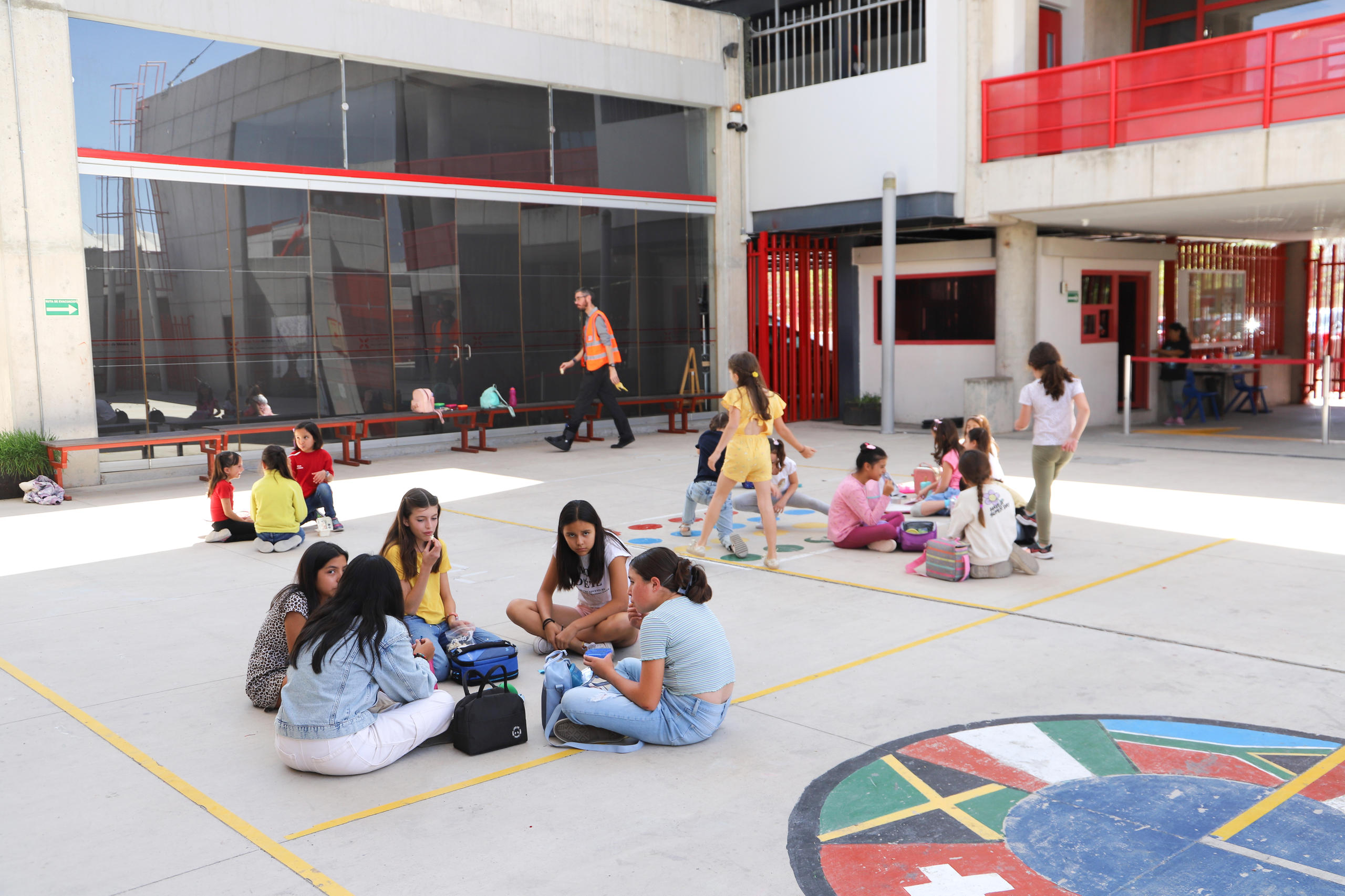
SWI: “Swiss schools” is considered a strong brand that stands for high-quality education. Isn’t there a danger that at some point they will only be accessible to the elite? Is democratic access to this education guaranteed?
B.S.S.: The Swiss Schools Act states that, in principle, every Swiss child must have the opportunity to attend a Swiss school abroad. This is independent of financial means.
We have a scholarship system at most educational institutions, which often makes it possible for financially disadvantaged families to send their child to a Swiss school. But in the end, they are private schools that have to be paid for. In Europe, the fees are quite affordable for middle-income families; overseas, they are indeed mainly only accessible to high earners.

More
Swiss Abroad: hurdles to studying in Switzerland remain
SWI: Around 51 graduates from Swiss schools studied in Switzerland in 2022. Can you tell us something about that?
B.S.S.: Educationsuisse’s central office advises Swiss schools and their pupils who want to study in Switzerland. The number of graduates from Swiss schools studying in Switzerland has increased. But interest among Swiss Abroad who didn’t attend a Swiss school has also increased. Studying in Switzerland has become more attractive.

In compliance with the JTI standards
More: SWI swissinfo.ch certified by the Journalism Trust Initiative
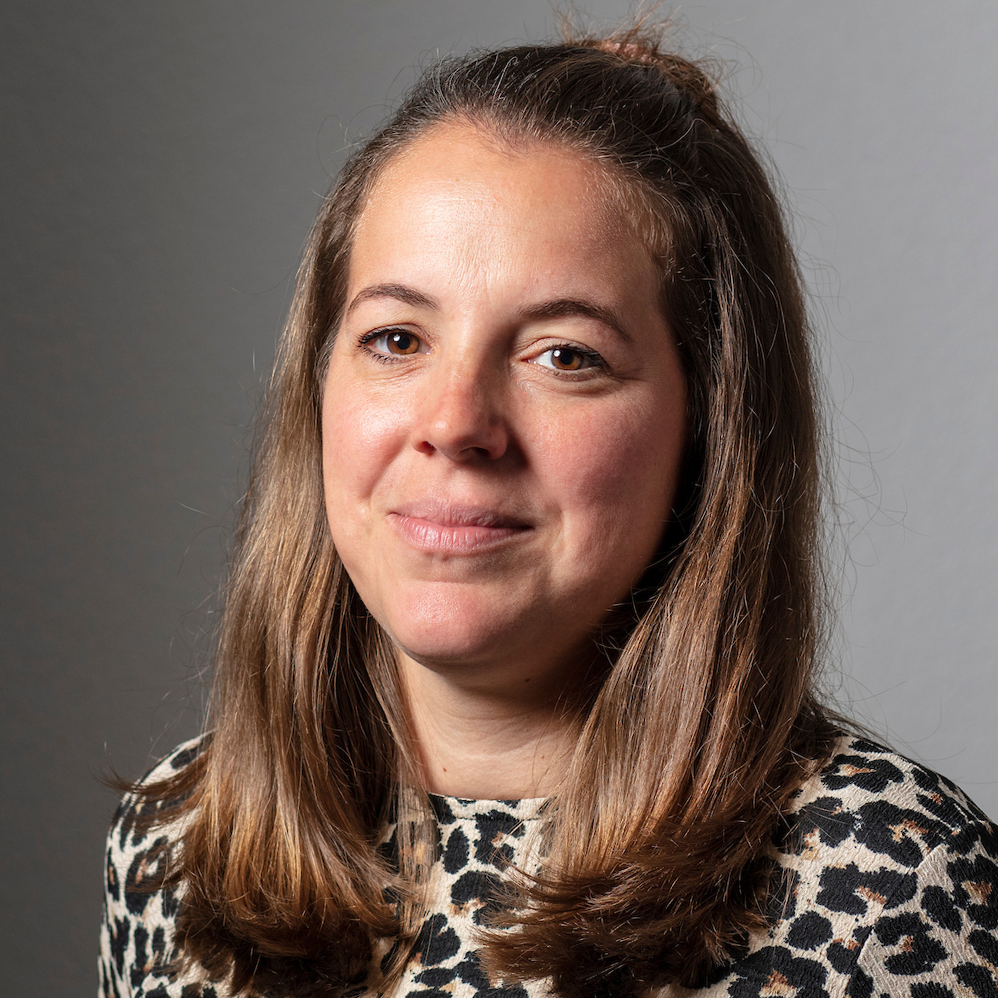
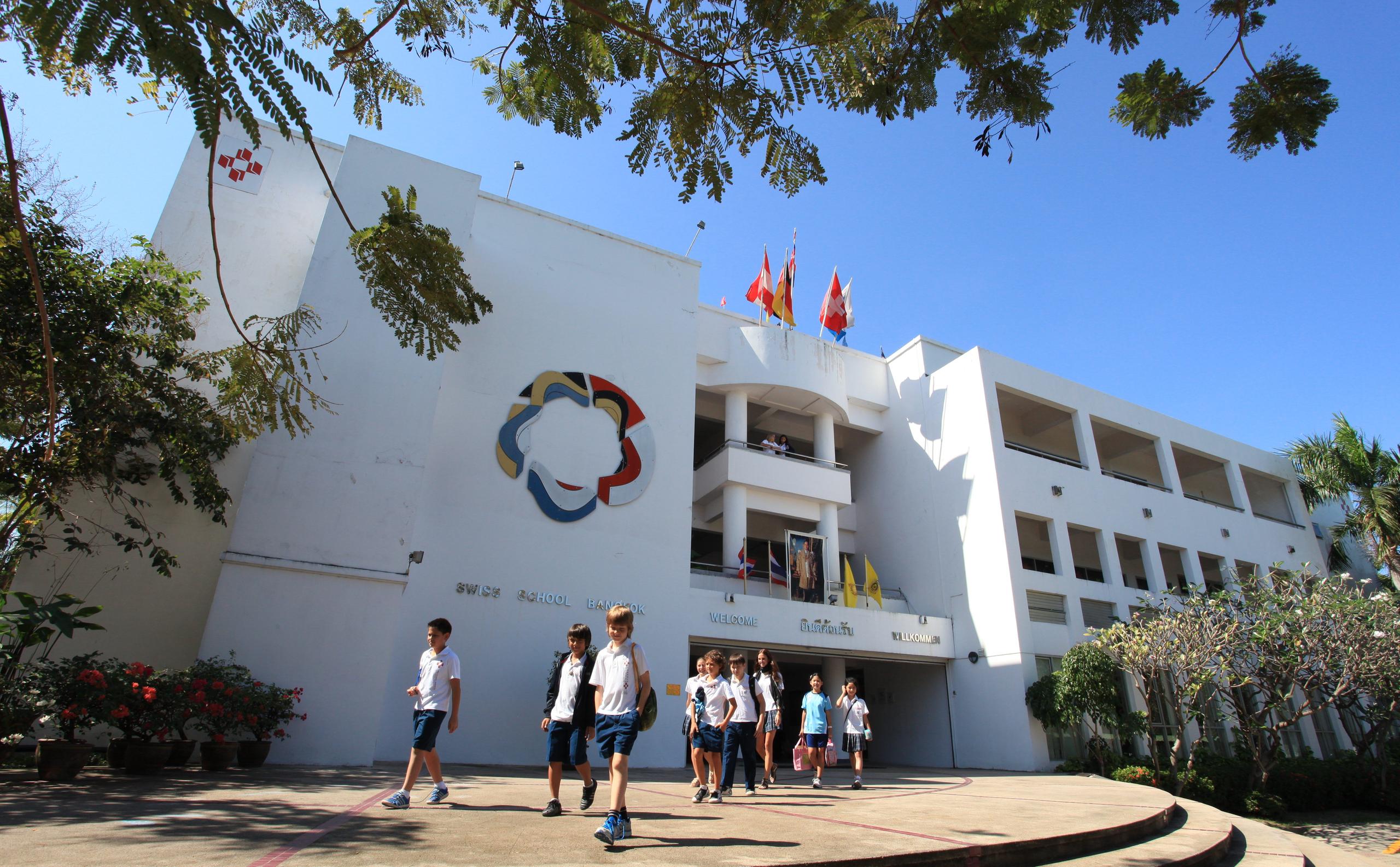
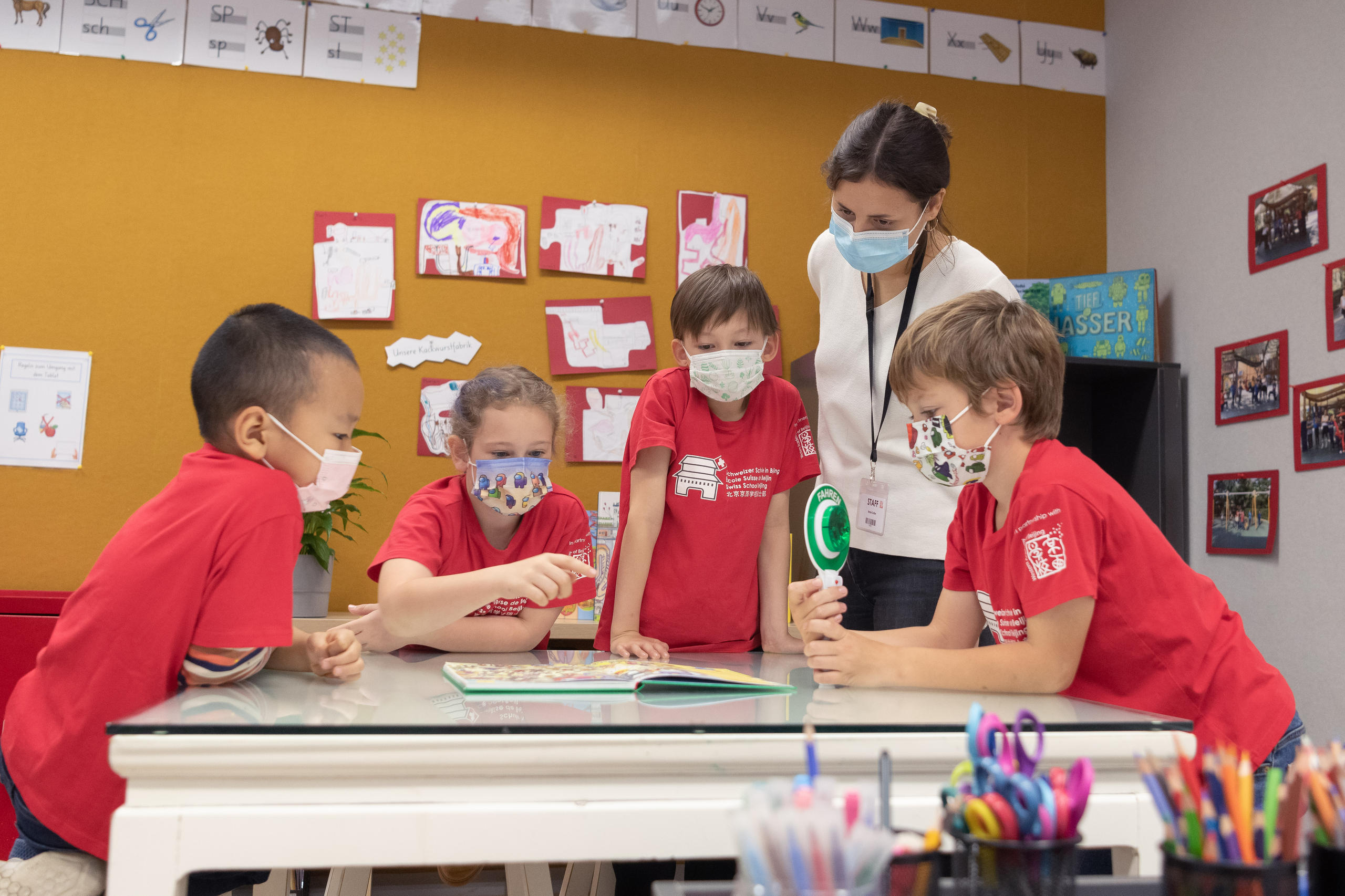
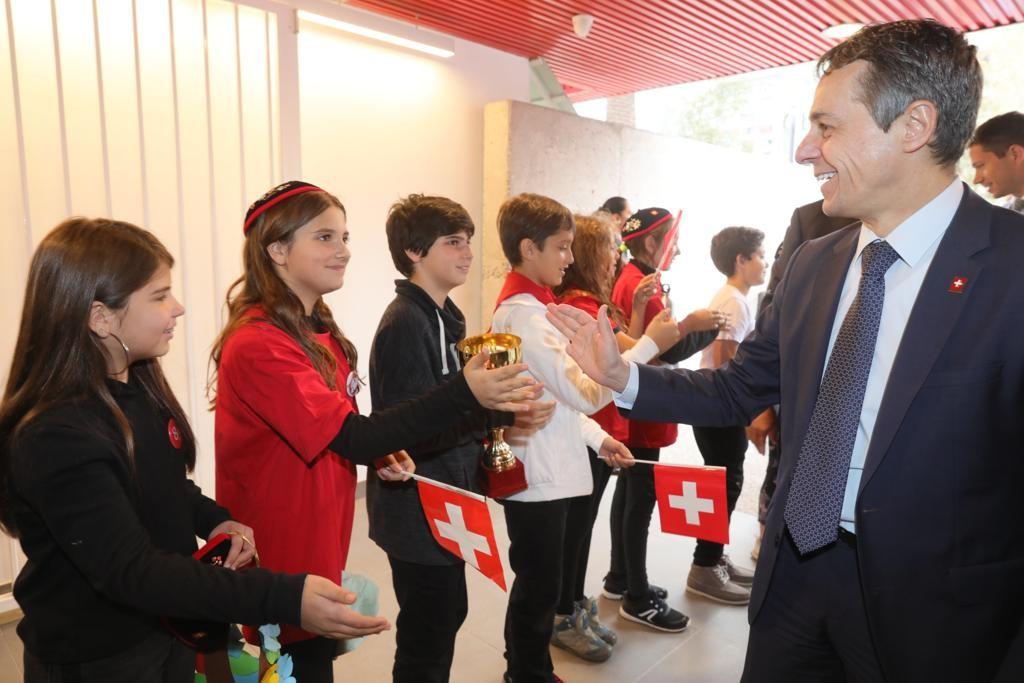
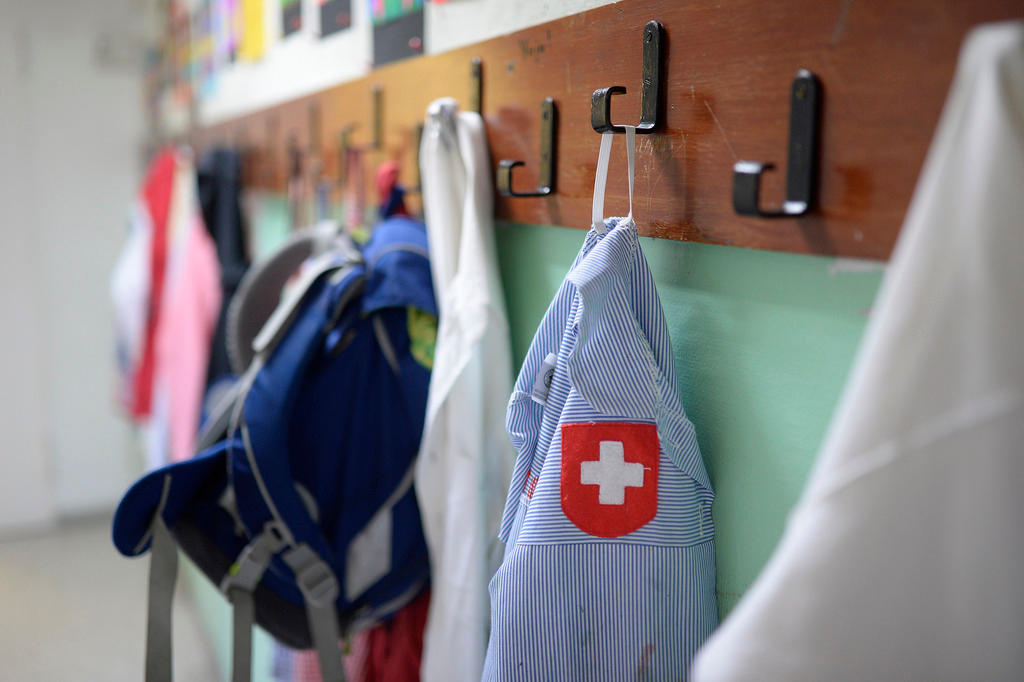
You can find an overview of ongoing debates with our journalists here. Please join us!
If you want to start a conversation about a topic raised in this article or want to report factual errors, email us at english@swissinfo.ch.